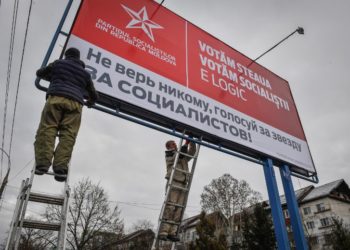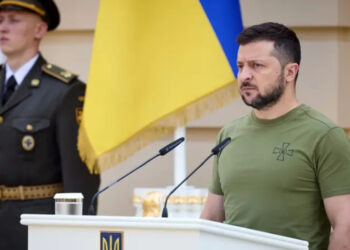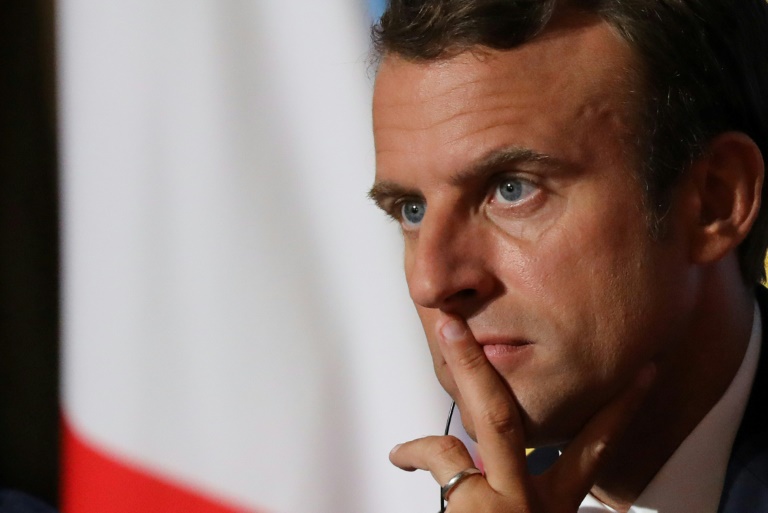Russia has failed to properly investigate the 2009 killing of activist Natalia Estemirova, Europe’s top rights court said Tuesday, while disappointing her supporters by ruling there was no evidence of a state-sponsored murder.
Campaigners have accused the local authorities in Chechnya under its strongman leader Ramzan Kadyrov of being linked to the abduction and murder of Estemirova, who was head of the Chechnya branch of Memorial, a leading Russian rights group.
They have called for a more thorough inquiry, but so far no one has ever faced trial over the killing.
Ruling on a case brought by Estemirova’s sister Svetlana in 2011, the European Court of Human Rights (ECHR) said it had seen no evidence of state involvement in the murder of Estemirova.
But over a decade after a murder that shocked the rights community in Russia, it said Moscow had shown a “failure to properly investigate the crime”.
The Russian government had also failed to provide the court with a full copy of the criminal case file, which “had undermined its ability to assess the quality of the investigation”, it added.
But the evidence it had received and contradictions in the case “led it to doubt that the investigation had been effective”, the court said.
Russia failed to prove the investigation was in line with the standards of the European Convention on Human Rights, the court said, ordering the Russian government to pay 20,000 euros ($23,700) in damages.
‘Extremely disappointing’
Estemirova went missing on the morning of July 15, 2009, after leaving her home in the Chechen capital of Grozny.
Her body was found later that day with gunshot wounds in the head and chest, in a field in the neighboring region of Ingushetia.
The court said that while prosecutors had named Chechen militant Alkhazur Bashaev as the main suspect and ordered his arrest, he had never been found. “The investigation appears to be ongoing,” it noted.
Estemirova’s murder was one of a number of killings of prominent figures in Russia in recent years, including the journalist Anna Politkovskaya, a friend of Estemirova’s, in 2006, and the opposition politician Boris Nemtsov in 2015.
The court said that while it “did draw parallels” with similar well-known cases like that of Politkovskaya, “it was unable to accept the applicant’s argument that this was a prima facie case of abduction by state agents”.
Estemirova’s daughter Lana, who has long campaigned for justice for her mother, expressed dismay over this part of the ruling and over the fact that Russia had failed to provide the ECHR with full documentation.
“I am glad that the court found that there was no proper investigation, but otherwise this is an extremely disappointing judgement,” she said in a statement released by the European Human Rights Advocacy Centre, accusing Russia of a “cover-up” in front of the court.
“This is no way to produce a fair judgement,” she said.
Memorial, whose board member Oleg Orlov had directly accused Kadyrov of responsibility over the killing and was prosecuted for slander but then acquitted, also expressed disappointment over the ruling.
“Memorial regrets that the ECHR did not acknowledge the responsibility of the authorities in the death of Natalia Estemirova,” it said.
























